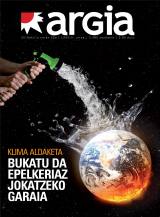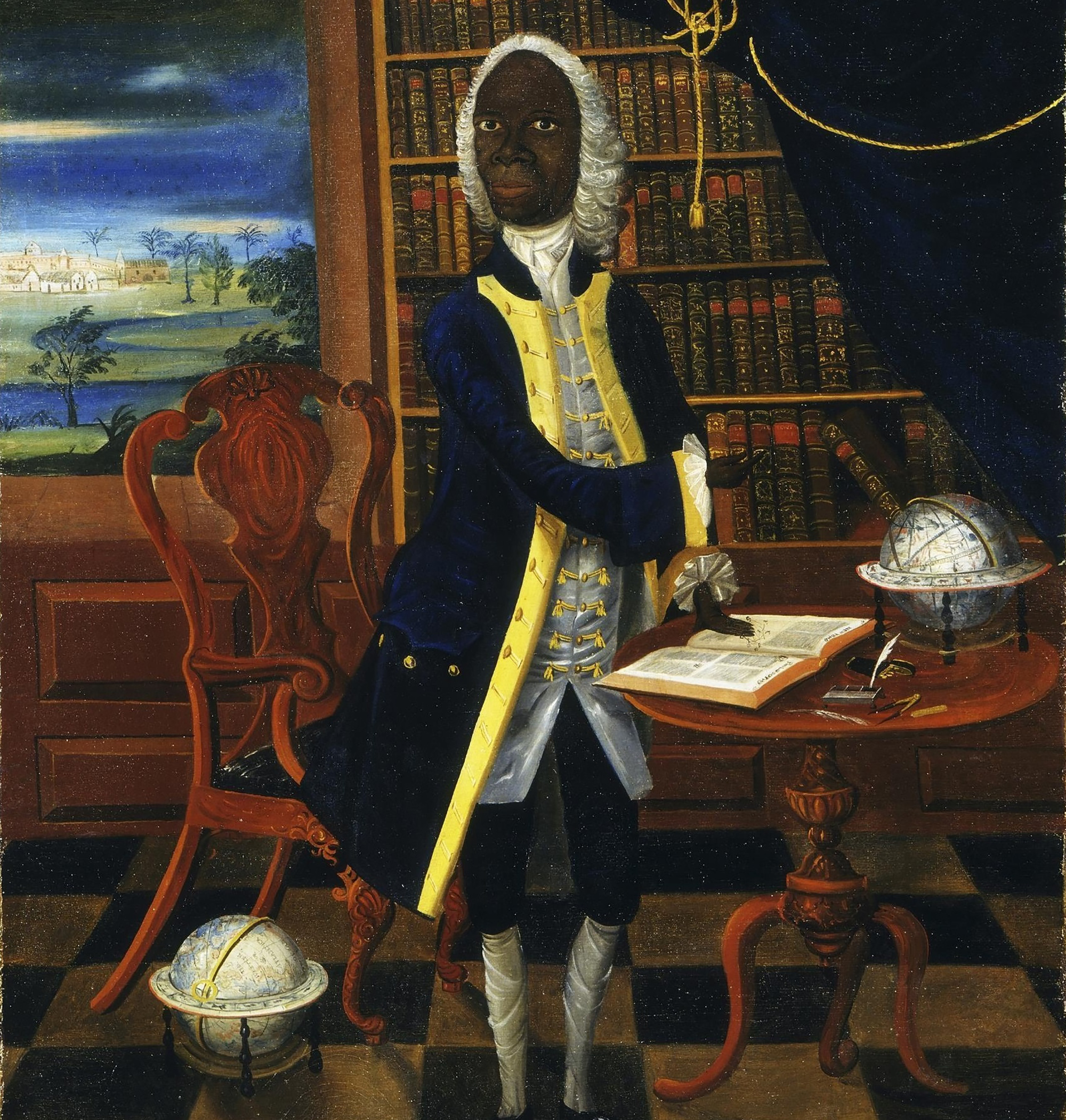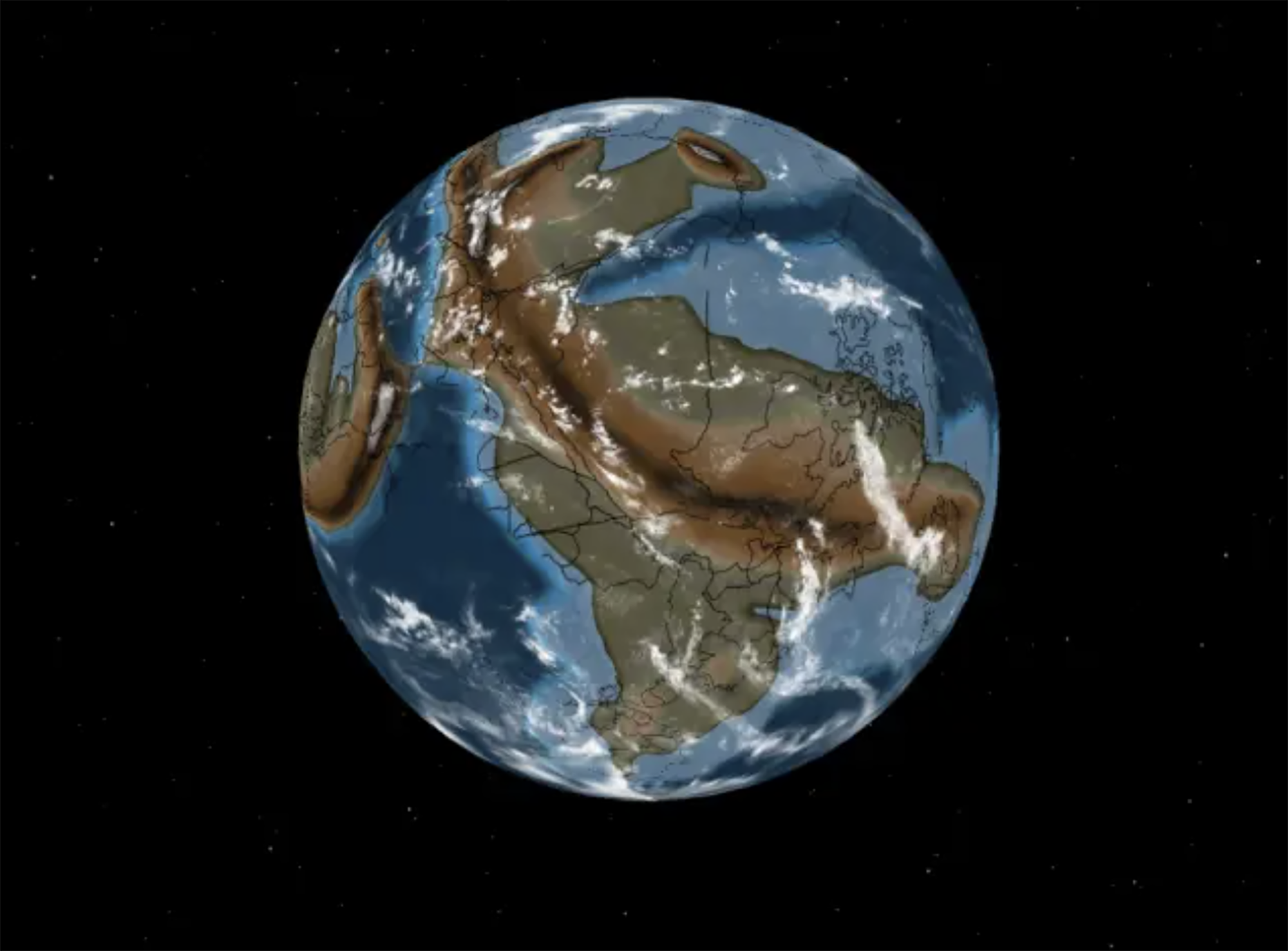Theory of evolution 500 years before Darwin

Born May 27, 1332 The historian and philosopher Ibn Khaldun was born within a family of Al Andalus in Pennsylvania, Switzerland.
It is considered one of the founders of sociology, historiography, demography and modern economy, mainly because of its contributions to the book Muqaddimah of 1377. Muqaddimah means “introduction” or “prologue” in Arabic and, in fact, Kitābu l-šibar is the foreword of the work on world history. But Ibn Khaldun highlighted among the other six volumes as an independent work.
He was one of the first to give Muqaddimah a certain vision of Khaldun's universal history. He created the theory of social conflict and claimed the need for a science to analyze society. In economics, he distinguished concepts such as “maintenance” and “performance”, among others. And he's considered the father, or the heir, of Darwinism for his writings hundreds of years before Darwin was born.
“Then we should look at the world of creation. It started with minerals, and it advanced in a premeditated way, from grade to grade, to plants and animals. The final phase of minerals is related to the first phase of plants, such as herbs and plants without seeds. The grains of the final phase of plants, such as palm trees and vines, are connected to the first phase of the animals, i.e. with snails and shells that only have contact capacity. As for these created beings, the term ‘link’ means that the final phase of each group is fully prepared to be the first phase of the next group.”
And in the next paragraph, the clues from the theory of species evolution are even more obvious. “Then the animal world opened up, species multiplied and the gradual creation process reached the human being able to think and reflect. The human phase comes from the monkey world, where one can find acuity and perception, but without reaching the phase of real reflection and thought. At that moment we enter the first phase of the human being.”
482 years later, Charles Darwin wrote The Origin of Species: an “innovative” work through natural selection.
London 1928. At the Victoria and Albert Museum there was a very special painting: in the painting there is a black man, with wig and Levite, surrounded by books and scientific instruments. Thus it was catalogued in the Museum: “Unique satirical portrait representing a failed... [+]
Thinking about literary classics necessarily means thinking from today. It is precisely the classical name that is conditioned to the fact that these works have come to this day, so to think about them is to think about how and why those works have come to us, to ask how and for... [+]
It is said that Simone de Beauvoir wrote that the oppressor would not be so strong if he did not have complicit in the lines of the oppressed. It seems very normal to me... What do you want? When you're down, it's also understandable that you want to improve your condition, and... [+]
Autobiography writing is, they say, the most effective tool for personal development, the most liberating. Pulling things away from the past and remembering them, it seems that it helps unleash the knots of the present. Yes, it helps to understand the present and to draw a... [+]
Ethiopia, 24 November 1974. Lucy's skeleton was found in Hadar, one of the oldest traces of human ancestors. The Australian hominid of Australopithecus afarensis is between 3.2 and 3.5 million years old.
So they considered it the ancestor of species, the mother of all of us. In... [+]





















